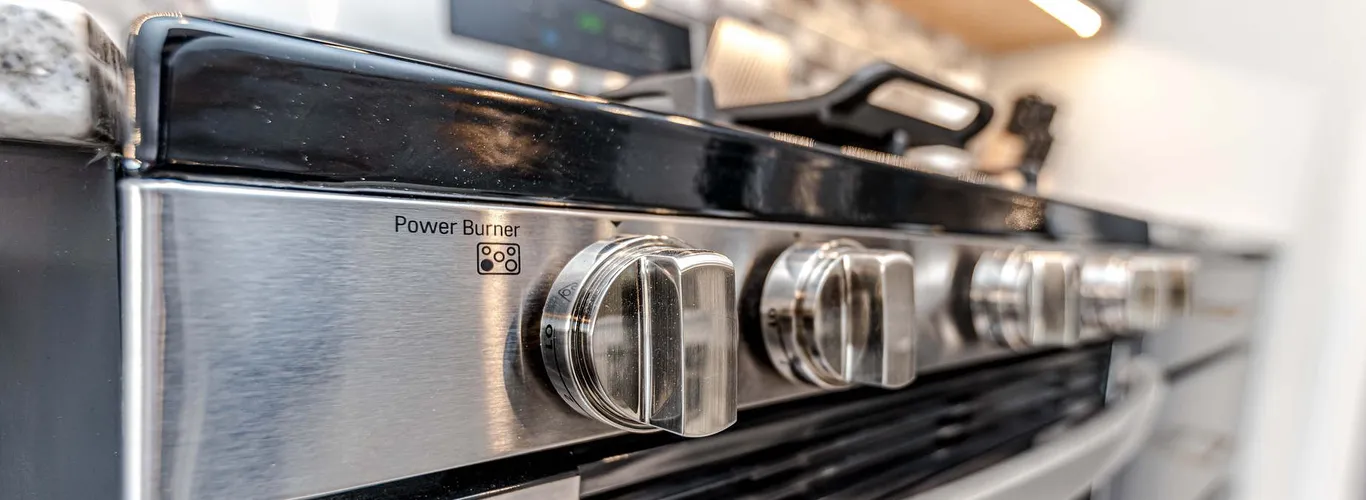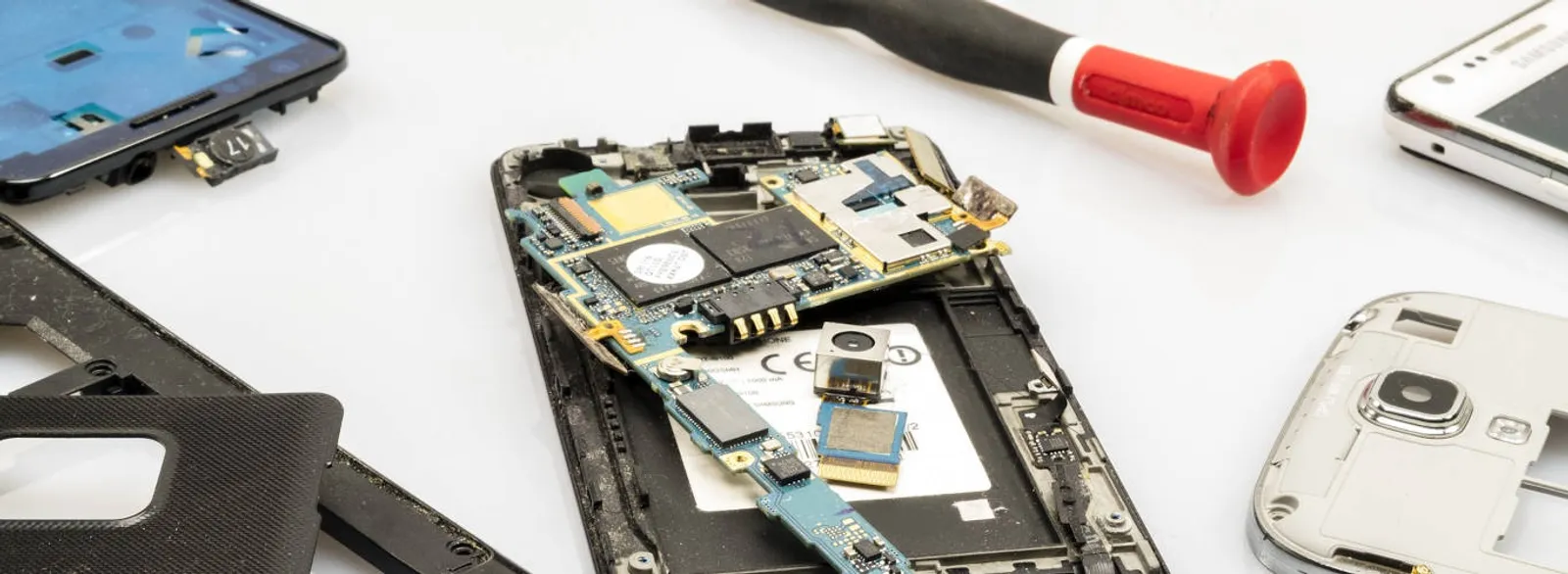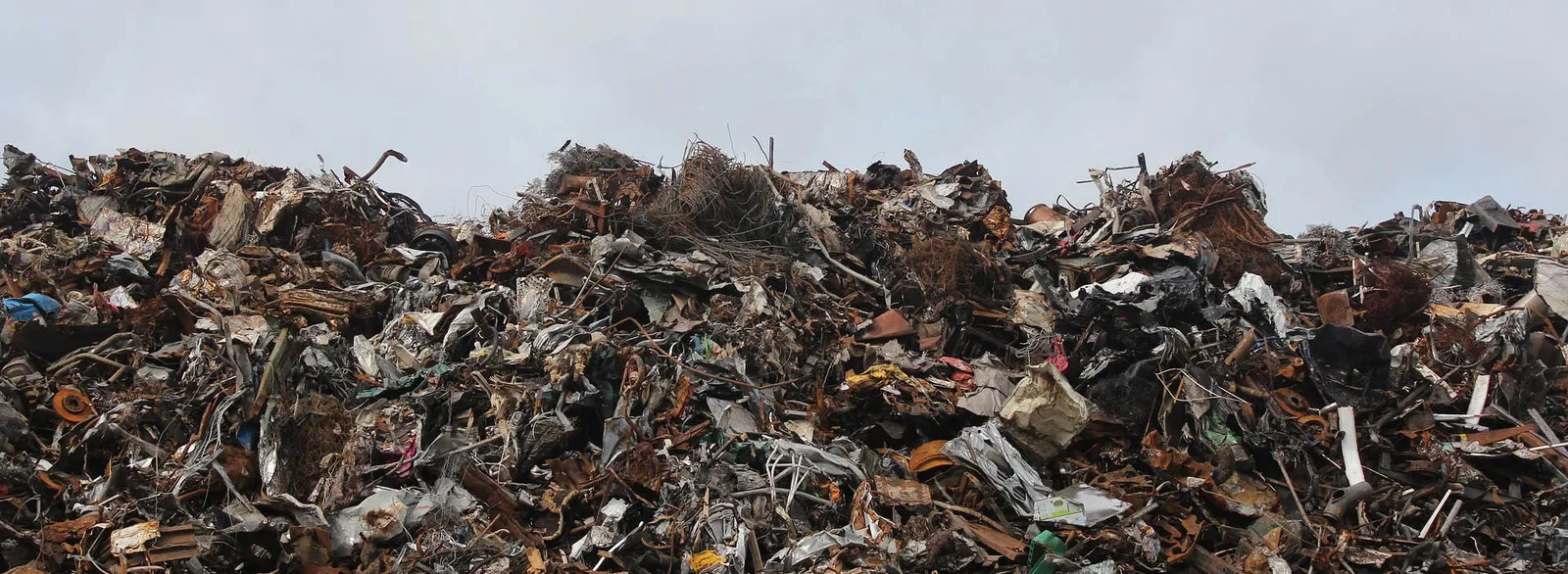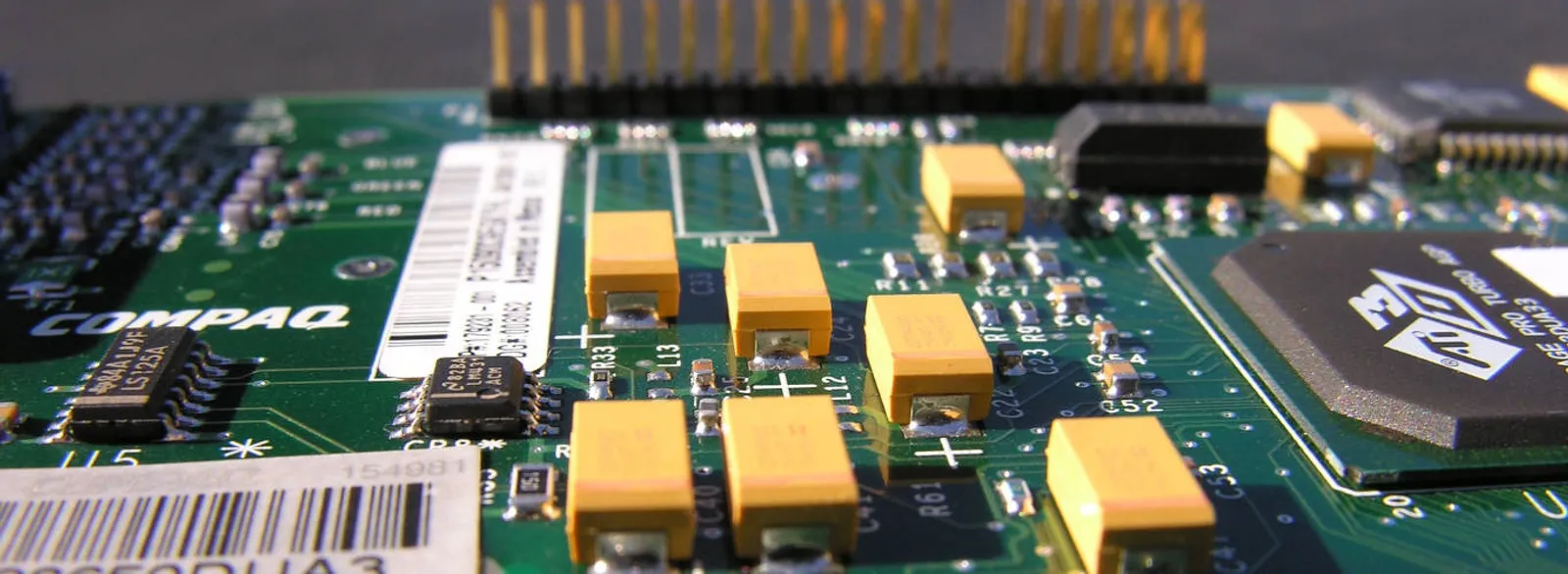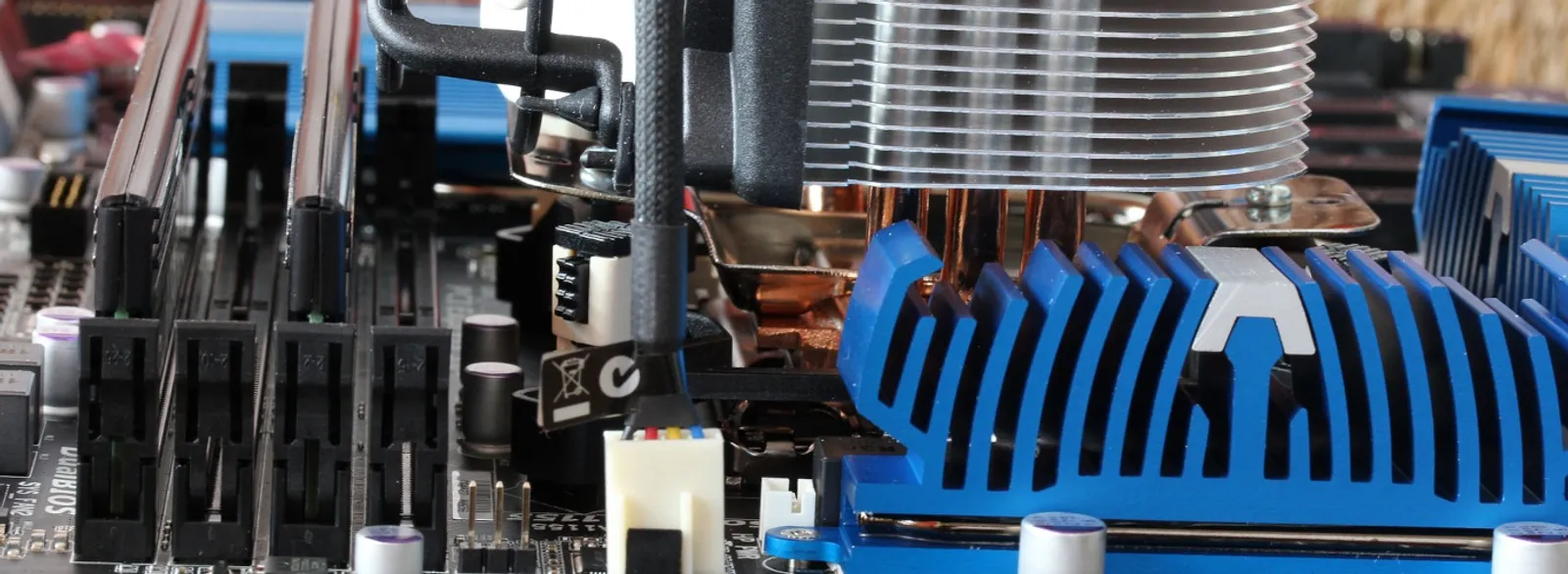If you are interested in ecology and recycling - sign up for our newsletter
Introduction to Recycling Household Appliances
In current times, where every step towards sustainable development is crucial, we cannot forget about one of the most important aspects of ecological action – recycling of household appliances. The importance of this process grows as our homes are filled with newer gadgets, and old, damaged equipment often ends up in landfills. An introduction to conscious e-waste management should begin with understanding how big an impact it has on the environment and how we can reduce this negative impact through proper segregation and recycling.
Recycling household appliances is not just an ecological issue, but also an economic one. By segregating waste, we contribute to the recovery of valuable materials such as metals, plastics, or glass, which can be reused in the production of new devices. This process also helps reduce the demand for primary raw materials, which is important in the context of protecting our planet's natural resources.
Why is this important for the environment.
The Importance of Battery Disposal
Batteries, both those used in households and industries, contain a number of hazardous substances such as cadmium, lead, mercury, and nickel. These substances can seep into the soil and groundwater if batteries are disposed of with other waste. This pollution leads to the degradation of the natural environment and can affect human health, causing various diseases, including nerve problems, circulatory system issues, and developmental disorders in children. Moreover, battery recycling allows for the recovery of valuable metals such as iron, copper, and nickel, which can be reused, significantly reducing the need for natural resource exploitation and the associated environmental burden.
Electronics Disposal – Why Is It Important?
Electronic waste, also known as e-waste, is the fastest-growing waste category in the world. It contains many valuable resources such as gold, silver, copper, and rare earth metals, the recovery of which is crucial for sustainable development. Improper disposal of electronics leads to the loss of these valuable resources and increases the burden on the environment through the emission of harmful substances such as dioxins and furans, which are released when electronics are burned.
How to Properly Dispose of Batteries and Electronics?
Using local recycling points – Many municipalities offer special collection points for e-waste and used batteries. Using these places is one of the easiest ways to responsibly dispose of unwanted devices.
Returning used electronics to stores – Some stores offer programs for returning old devices when purchasing new ones, making it easy and safe to dispose of old components.
Participating in manufacturer programs – Many electronic companies run their own recycling programs that help dispose of old products in an environmentally friendly way.
Education and environmental awareness – Taking educational actions among local communities can significantly increase the level of recycling and proper disposal of electronic waste.
Long-term Benefits for the Environment
Practicing responsible disposal and recycling of batteries and electronic components not only protects our environment from pollution but also supports a circular economy, reducing dependence on natural resources. Furthermore, through recycling, we recover raw materials that can be reused in the production of new devices, which reduces carbon dioxide emissions and other negative environmental impacts.
In summary, the disposal of batteries and other electronic components is not only our responsibility in caring for the health and well-being of current and future generations, but it also constitutes a key element in the fight against global environmental challenges. These actions are important not only from an environmental protection standpoint but also from an economic perspective, as effective recycling can bring significant savings. With proper engagement from communities, businesses, and governments, it is possible to create a sustainable waste management system that will benefit all parties and help preserve our planet for future generations.
The role of Geomar Recykling
Waste segregation in households not only reduces the amount of waste going to landfills but also plays a crucial role in protecting our environment. Effective segregation, especially in the category of electronic waste, is essential in the context of sustainable development and minimizing negative impacts on nature. Proper disposal of used electronic devices, such as laptops or home appliances, is particularly important because they contain harmful substances that can contribute to ecosystem degradation.
In this matter, Geomar Recycling plays a key role as a company specializing in professional electronic waste disposal. Thanks to modern technologies and rigorous procedures, Geomar Recycling ensures that every electronic component will be properly processed or disposed of in an environmentally safe manner.
Geomar Recycling also offers electronic scrap purchasing services, which is an attractive option for individuals and institutions wanting to get rid of unnecessary electronic devices in a beneficial way. The company contributes to public education about the importance of electronics recycling, collaborating with local communities and educating about the consequences of improper e-waste disposal.
For an environmentally conscious student, as well as an electronics repair specialist, the practices offered by Geomar Recycling provide valuable support in daily life. A student, through understanding recycling processes, can better contribute to sustainable development initiatives on their campus, while an electronics repair specialist can inform their clients about the benefits of refurbishing and properly managing old devices.
In conclusion, proper segregation and recycling of electronic waste, in which Geomar Recycling plays a significant role, are extremely important for protecting our environment. Proper handling of used electronic equipment not only reduces waste but also allows for the recovery of valuable raw materials, which is crucial in the face of growing resource demands and the need to protect the natural environment. Every step towards better segregation and recycling contributes to building a sustainable future for all of us.
